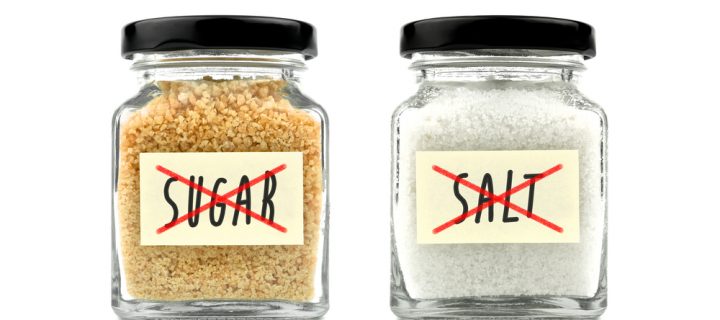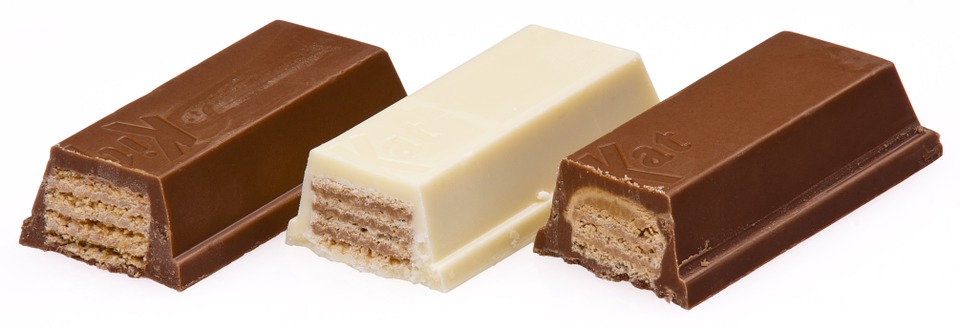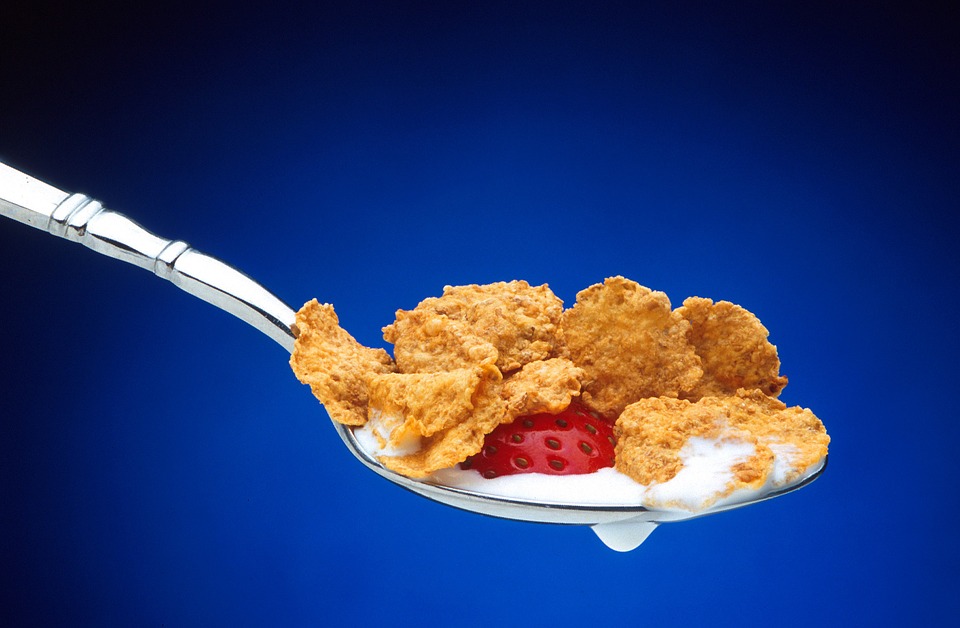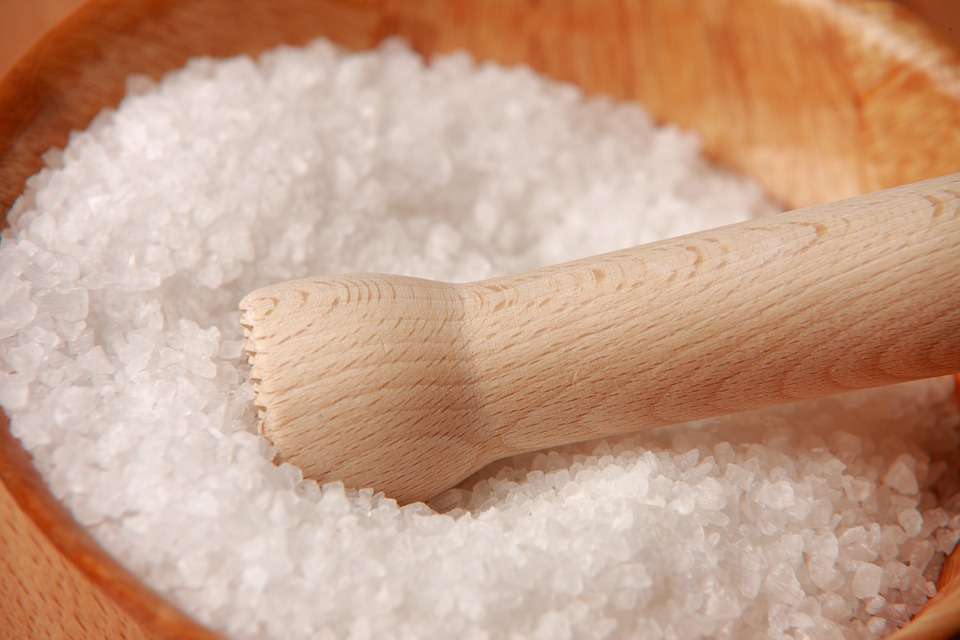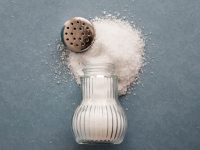Many companies have committed to cutting down on sugar and salt in their recipes, but the results aren’t always what they seem.
If you’re not part of a famine or experimenting with extreme fringe diets, cutting down on salt and sugar intake is one of the most straightforward steps you can take towards better health.
Adult consumption of added sugars has increased by more than 30% in the U.S over the last thirty years.
As for salt, about 90% of children and adults eat too much. Just about all of us are on the wrong track.
And so, companies are advertising steps they’ve taken to help the public cut back. But are the claims really what they seem to be, and is our health really getting better because of them?
Here is the scoop on 4 companies that have cut down on sugar and salt at some point, and what it means for us.
1) Kit Kat and Nestle
(photo credit: www.pixabay.com)
This one is at the top of the list as the news just hit the stand today. Nestle has announced that it will be cutting down on sugar in some of its chocolate products, and Kit Kat is one of them. It will be losing about 10% of its sugar.
Nestle has been quick to share that about 7,500 ton less sugar will be used to make its products by 2018.
This it says, is being done to help the consumer.
“Nestle is at the forefront of efforts to research and develop new technology that makes food products better for our consumers,” said Fiona Kendrick, chairman and CEO of Nestle UK and Ireland to BBC.com.
(photo credit: www.pixabay.com)
But is it really getting better? It all goes back to one moment. The mega confectionery company made a breakthrough discovery last year and figured out how to break sugar down and restructure the molecule in order to use 40% less sugar in its recipes.
Scientists at Nestle have made a sugar that dissolves more quickly and fools the taste buds. It makes things taste sweeter than they are, but it sounds kind of like an artificial sweetener really, doesn’t it? It’s a new twist on actual sugar but not the real deal.
Here are some other facts. The price of sugar jumped by 40% last year, and rose to a 7-year high. Since a company’s goal is to make a profit, this seems like a larger reason for Nestle’s big switch.
Add to that the fact that detecting false levels of sweetness actually makes us eat and drink MORE not less and perhaps I smell a rat. Do you?
2) Kellogg’s
(photo credit: www.pixabay.com)
According to online sources, Kellogg’s has committed to cutting 723 tons of sugar from its cereals by 2020.
Let’s see what happens- sounds like a good plan, at least!
3) Heinz
Heinz is a winner as it already has reduced sugar ketchup on the market for consumers. The recipe contains 75% less sugar than the company’s classic ketchup, and contains no artificial colors, flavors or preservatives. Thank you.
4) Campbell’s Soup
(photo credit: www.pixabay.com)
Remember those warm fuzzy ads all about Campbell’s Soup cutting back on salt? They made us all feel so good about everything. Well, here’s the truth.
Back in 2010, Campbell’s Soup Company committed to cutting the salt content by up to 45% in over 60% of its condensed soups. But by the time 2011 rolled around, the company was putting it back in.
OK, so it didn’t put ALL the salt back in. First, it went down from 800mg to 480mg. This was a great step.
But then it went back up to 650mg. Really? Yes.
Campbell’s was experiencing a drop in sales and said it thought the loss might have been connected with the change in taste incurred by using less salt.
(photo credit: www.pixabay.com)
Sure, reducing to 650mg is better than doing nothing, but since an estimated 75% of our salt intake comes from processed and packaged foods, consumers aren’t really winning here.
What can you do to fight back? Seems like a good idea to make your own food. Cook from scratch and watch your labels when you do buy processed foods. You’re your own best line of defense.
Photo credit: component/Shutterstock

